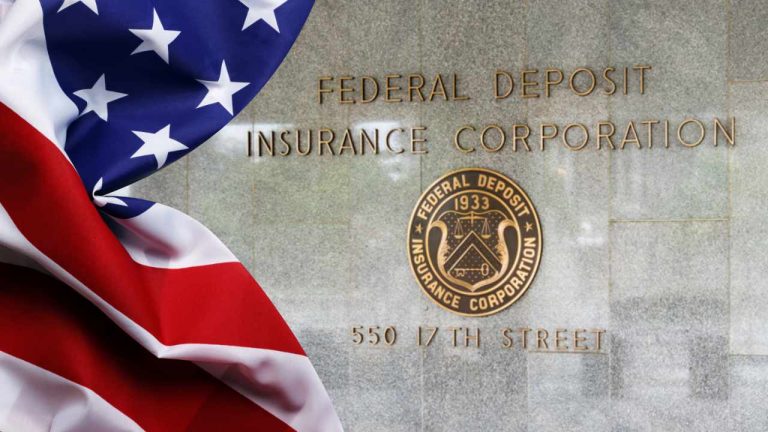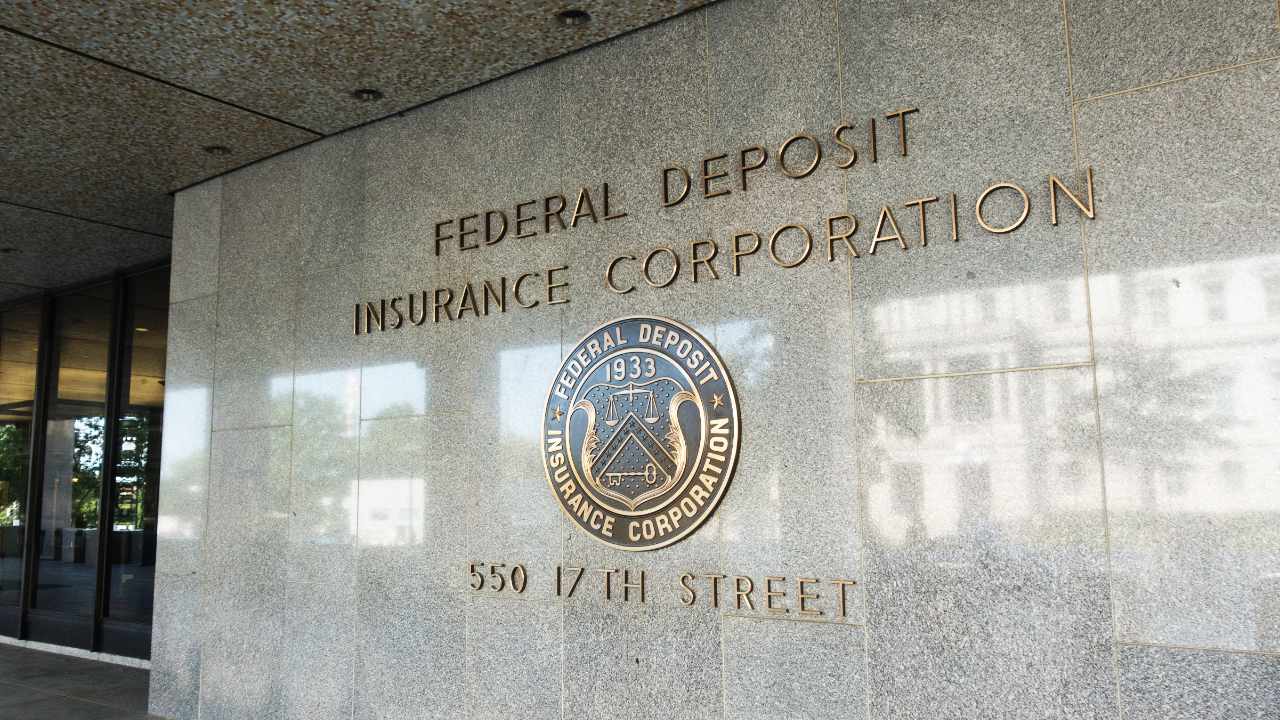
FDIC-FTX spat is another reason for investors to self-custody their funds
Between the collapse of Celsius and the FDIC's warning to FTX, consumers should be awakening to the benefits of moving their funds off of centralized exchanges. Searching for more evidence that self-custody of your cryptocurrency holdings beats a centralized manager? Look to the latest action by the Federal Deposit Insurance Corporation (FDIC).The agency sent a letter to FTX Exchange this month — along with four other entities — that included a cease and desist order for “false and misleading statements.” Namely, it accused the exchange of falsely implying that user funds were....
Related News
FTX made an error in messaging when it suggested depositors were insured, but federal regulators will have a hard time proving the exchange did so with sinister motives. In a cease-and-desist letter to fast-growing crypto exchange FTX, the Federal Deposit Insurance Corporation (FDIC) shed light on a now-deleted tweet from the exchange’s president, Brett Harrison, and issued a stark warning over the company’s messaging.Harrison’s original tweet said, “Direct deposits from employers to FTX US are stored in individually FDIC-insured bank accounts in the users’ names.” He added, “Stocks are....
The Fed and FDIC allege that Voyager “made various representations online" that its funds were FDIC insured. Cypto lender Voyager Digital has been directed to remove “false and misleading” statements that its user’s deposit accounts are FDIC insured.In a joint letter written on July 28 by Seth Rosebrockfrom & Jason Gonzalez, Assistant General Counsel at the Federal Reserve and the Federal Deposit Insurance Corporation (FDIC) to Voyager Digital, the authors said the representations “likely misled and were relied upon” by customers who placed funds with Voyager who now no longer have access....
FDIC insurance is highly sought-after by crypto exchanges, lenders, and other service providers. Is it the key to mass adoption? Over the years, several cryptocurrency companies have claimed that deposits with them were insured by the United States Federal Reserve and the Federal Deposit Insurance Corporation (FDIC) as if they were regular savings accounts. While so far, no crypto firm has been able to offer depositors this type of insurance, some speculate it could be the key to mass adoption.The most notable case is that of bankrupt lender Voyager Digital, which saw regulators instruct....
The Federal Deposit Insurance Corporation (FDIC) has sent a cease and desist letter to five companies, including crypto exchange FTX US. CEO Sam Bankman-Fried explained that FTX does not have FDIC insurance, stating: “We never meant otherwise, and apologize if anyone misinterpreted it … to be clear FTX US isn’t FDIC insured.”
FDIC Orders 5 Firms to Cease and Desist
The Federal Deposit Insurance Corporation (FDIC) issued crypto-related cease and desist orders to five companies Friday. The agency regulates and insures the deposits of FDIC-insured....
The Federal Deposit Insurance Corporation (FDIC) is probing crypto lender Voyager Digital over claims that it is FDIC-insured. The crypto firm previously explained that through its strategic relationships with Metropolitan Commercial Bank, “all customers’ USD held with Voyager is FDIC insured.” Voyager Probed by FDIC The Federal Deposit Insurance Corporation (FDIC) is looking into Voyager Digital Ltd. (TSE: VOYG) and its marketing of deposit accounts for cryptocurrency purchases, Reuters reported Thursday, citing confirmation by an FDIC official. The FDIC is an....





